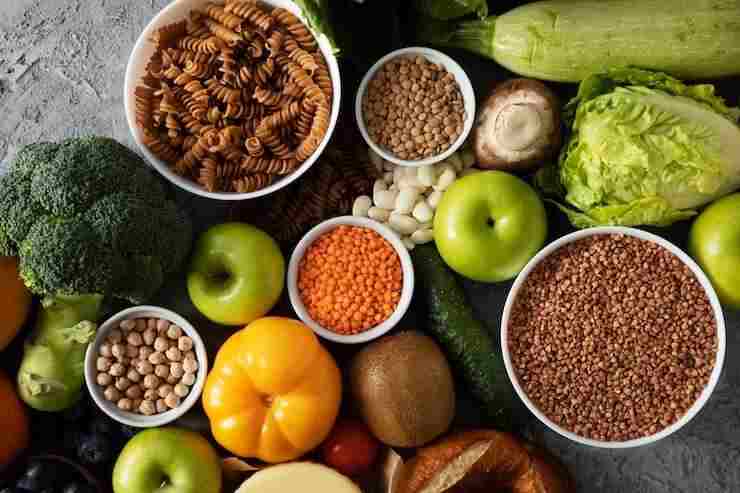Image by storyset on Freepik
Have you ever had one of those days when your gut just decides to go rogue, causing all sorts of chaos in your bowel department?

Photo sourced from discovermagazine.com
Picture this: You’re going about your normal day, be it indoors or the great outdoors, and suddenly, an internal disturbance arises from the depths within you. At first, you might dismiss it as mere indigestion or a passing discomfort. But then reality sets in—it’s not going away. And before you know it, you’re making frequent trips to the toilet to pass loose stools.
We’ve all been there, haven’t we? So, what can you do when your gut starts acting up? In this article, we’ll discuss several proven methods for restoring gut health and stopping loose stool.
Let’s get started!
What’s the meaning of loose stools?
Loose stools are bowel movements that seem less solid than usual. They smell particularly vile, and their appearance is fluid-like; usually without any shape.
Why do I have loose stools?
Most cases of loose stools occur after eating, although they can also be caused by:
- underlying medical conditions like hyperthyroidism, diabetes, ulcerative colitis, Crohn’s disease, irritable bowel syndrome (IBS), and some types of cancer
- lactose intolerance
- bacterial or viral infection
- drinking too much alcohol
- certain medications like anti-cancer drugs, some antibiotics, and antacids
How can I stop loose stools?

Image by Freepik
The following are simple but effective fixes for loose stools:
Dietary Adjustments for Gut Health
Maintaining a healthy gut depends in large part on what you eat. Here are some dietary adjustments to consider:
- Fiber-rich foods: Increase your consumption of fiber-rich foods like fruits, vegetables, and whole grains. Foods like these are quite helpful since they may absorb excess water and make your stool more solid.
- Probiotic foods: Yogurt, kefir, and sauerkraut are just a few examples of probiotic-rich foods you should incorporate into your diet. They help promote beneficial flora and maintain a healthy internal balance.
- Avoid trigger foods: Steer clear of alcohol, caffeine, fried and greasy foods, gas-producing foods like beans, berries, broccoli, chickpeas, and prunes, as well as full-fat dairy products. These foods trigger loose stools or worsen leaky gut symptoms.
Stay Hydrated
Adequate water intake is essential for maintaining tip-top gut, bowel, intestine, and colon health. So, sip water regularly to support your digestion and overall well-being. For older folks and little ones, oral rehydration solutions (ORS) are a smart choice. They’re designed to replenish fluids and those all-important electrolytes in the right proportions.
Medications
Most sudden bouts of loose stools are usually due to infections. In such cases, certain medications like antibiotics, Imodium, Pepto Bismol, and even anti-vomiting drugs can come to the rescue.
Other Natural Remedies
Consider incorporating these gut-healing foods and herbs into your diet:
- Aloe vera: This plant is rich in anti-inflammatory compounds and can help relieve stomach discomfort.
- Bone Broth: It is loaded with healing minerals and collagen, which help restore damaged gut lining.
- Slippery Elm: The digestive tract’s inflamed tissues benefit from Slippery Elm’s soothing and healing properties.
Conclusion
Whatever you choose to call it, be it the squirts, toilet whirlwinds, fecal explosions, or a volcano eruption from down there; loose stools are a real pain in the…well, you know where! Simply follow the science-backed methods discussed above, and you will be fine in no time!

